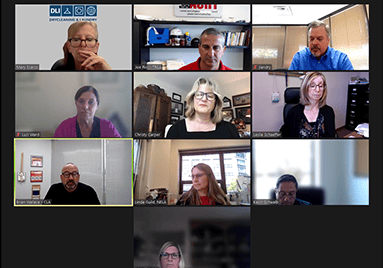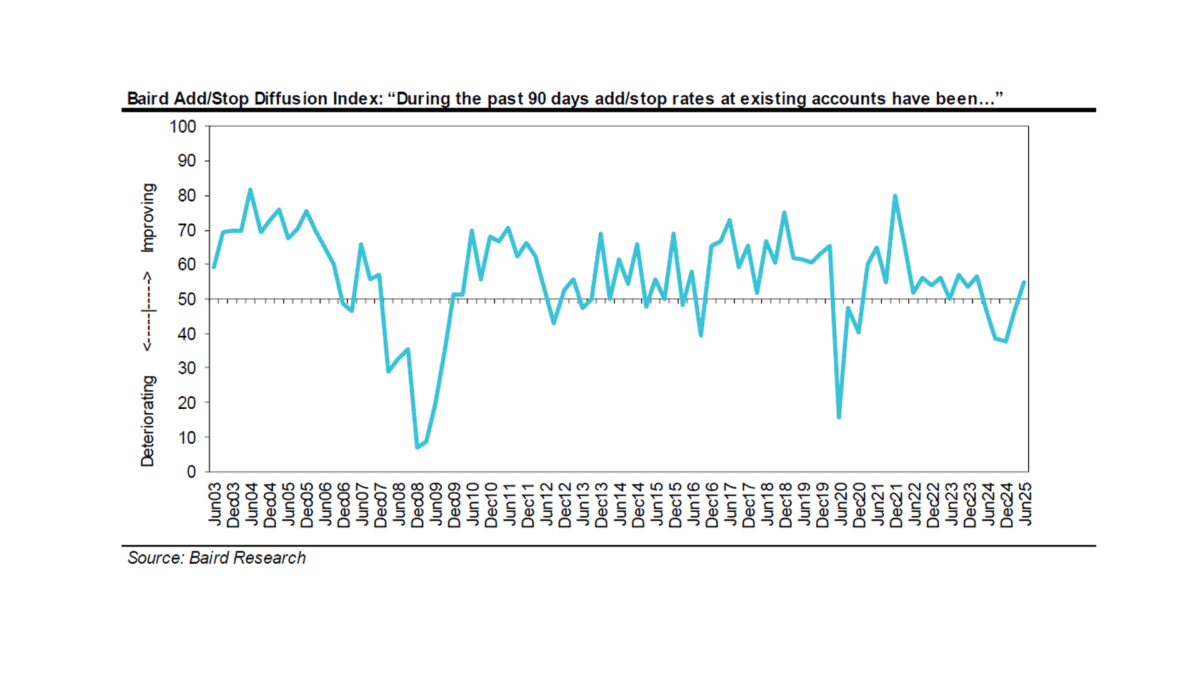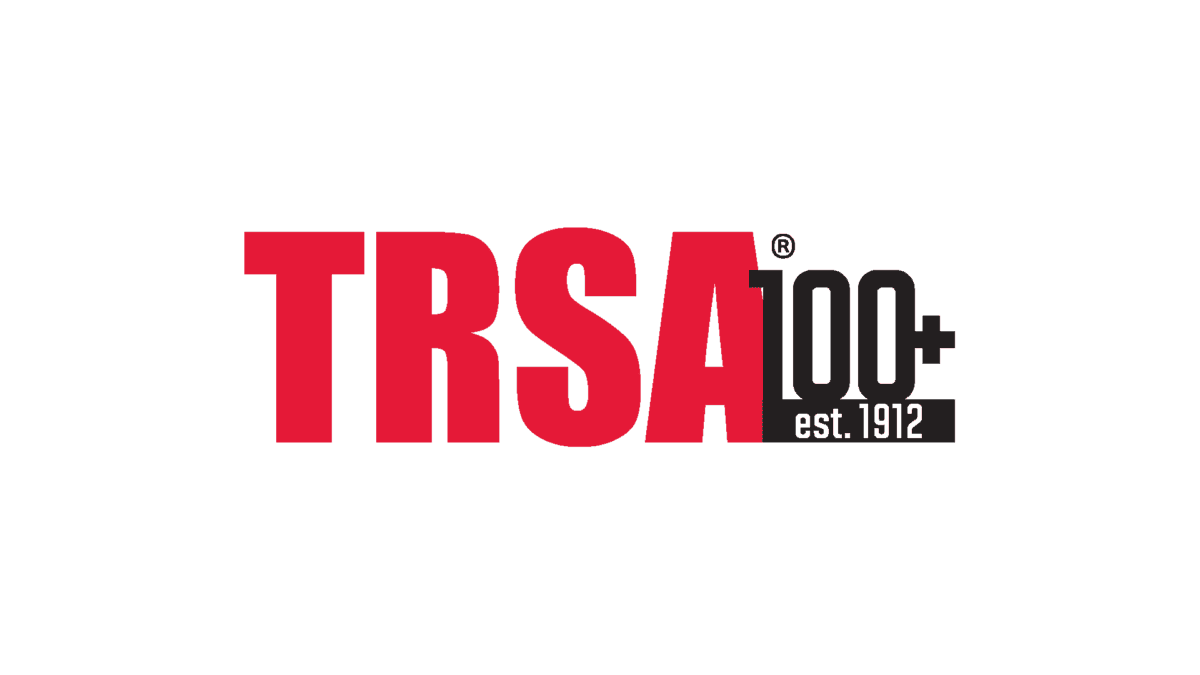The Coin Laundry Association (CLA), the Drycleaning & Laundry Institute (DLI) and TRSA recently gathered industry organizations via Zoom to discuss current regulatory issues impacting their various members such as microfiber/microplastics filtration, single-use plastics, PFAS and extended provider responsibility legislation.
Brian Wallace, president and CEO, CLA, kicked-off the discussion, highlighting his organization’s efforts in California to educate stakeholders regarding the impact of pending legislation requiring microfiber filtration on all commercial and residential washing machines. He focused on the existing process of commercial-vended laundries and the practical aspects of cleaning filters, including waste disposal. Wallace said that California lawmakers have added amendments to remove commercial washers from the bill completely. Enactment of the bill currently awaits the signature of Gov. Gavin Newsom (D).
Mary Scalco, CEO, DLI, raised the difficulty of handling regional and local jurisdictions’ restrictions pertaining to single-use plastics. DLI has had some success in exempting dry cleaners from these restrictions for maintaining cleanliness. But she anticipates that these types of regulations will continue to emerge, impacting other markets such as linen and uniform laundries.
The discussions included individual staff representing the American Reusable Textile Association (ARTA), CLA, the CSCNetwork, DLI, the International Association for Healthcare Textile Management (IAHTM), the Midwest Textile Services Association (MTSA), the Northeast Laundry Association (NELA) and the Textile Care Allied Trades Association (TCATA).
Kevin Schwalb, vice President of government relations, TRSA, discussed issues such as an Extended Producer Responsibility (EPR) strategy to add all of the estimated environmental costs associated with a product throughout its life cycle to the market price of that product. As a result, each company along the manufacturing process is responsible for developing a plan to recover manufacturing waste or pay into a fund. In addition, Schwalb offered updates on California’s zero-emission fleet requirements and how that policy has expanded into a dozen or more other states.
“As leaders in the textile services industry, these organizational leaders recognize the importance of maintaining a positive environmental sustainability and they understand that various factors such as regulations, legislators and public opinion can significantly impact our operational efficiency,” said Joseph Ricci, TRSA president & CEO, “The objective of hosting these industry-related organization meetings is to foster consensus on these guiding principles and ensure consistent messaging across the industry.”
The group anticipates additional regulatory and legislative actions, particularly concerning sustainability and environmental impact and they are monitoring Europe and states through grass-roots contacts. Moving forward, the organizations agreed to schedule quarterly virtual meetings to share information and collaborate on issues important to their respective members.
Publish Date
September 27, 2023
Categories
Sign Up For Our Newsletter
Receive the latest updates on the linen, uniform and facility services industry from TRSA delivered straight to your inbox.








